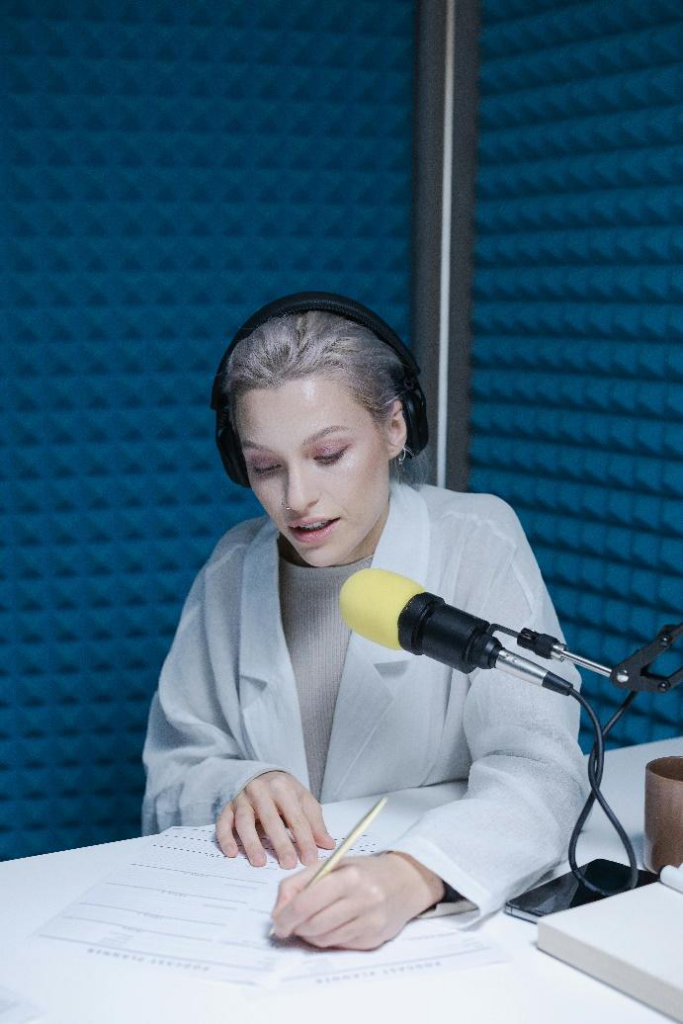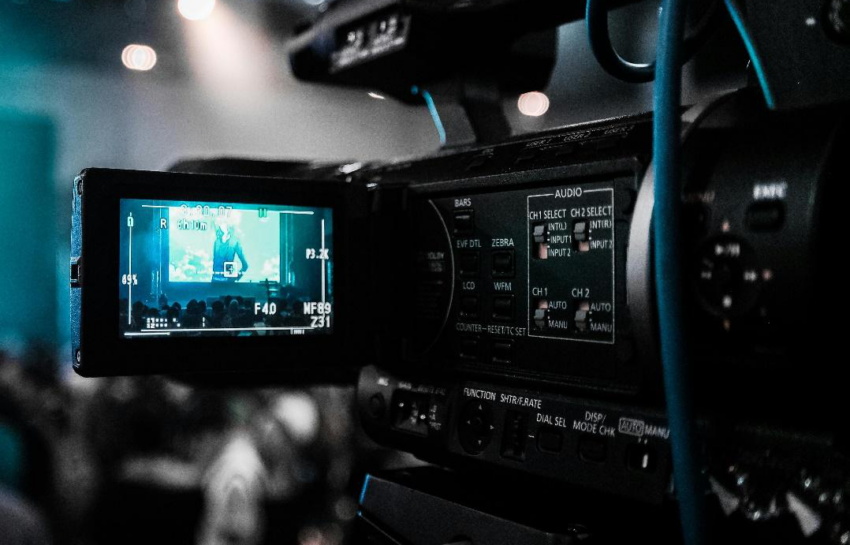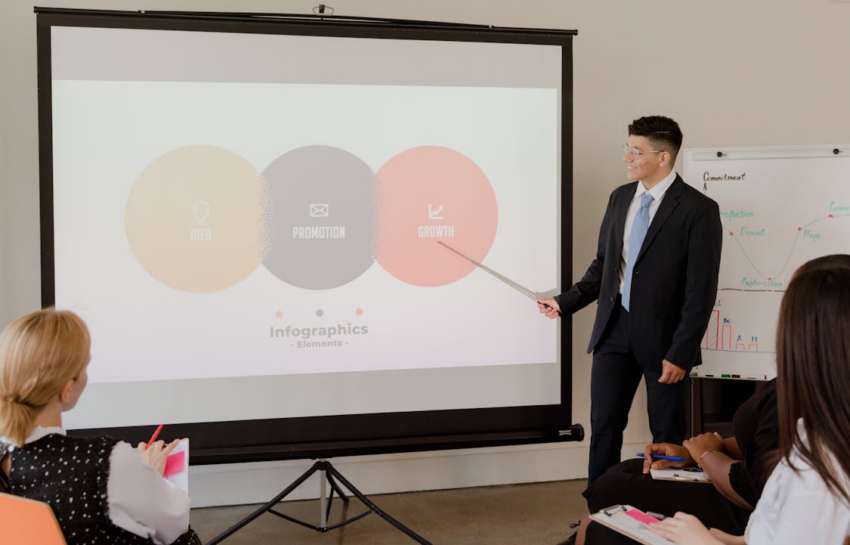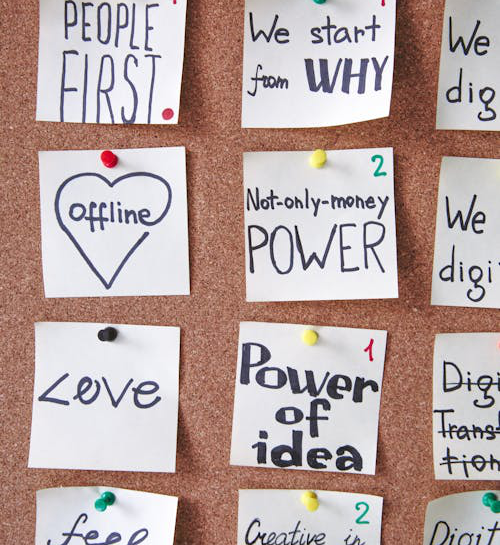In today’s fast-paced media landscape, securing interviews on high-profile platforms is a golden opportunity to showcase expertise, build credibility, and enhance brand visibility. However, with the spotlight comes pressure—especially when faced with tough media questions. Whether you’re speaking on live television, a podcast, or a radio show, being prepared to tackle challenging questions can make the difference between a powerful performance and a public misstep.
This guide offers actionable strategies for staying composed, thinking clearly, and delivering thoughtful responses when the questions get tricky.
Why Tough Media Questions Matter
Tough questions often come unexpectedly, putting even the most seasoned professionals on the defensive. Yet, handling these questions with confidence can elevate your credibility and demonstrate expertise under pressure. For business leaders, entrepreneurs, and industry experts, mastering this skill is essential—especially when working with a TV booking agency or aiming to book national TV appearances.
Journalists, TV bookers, and hosts often ask hard questions to uncover authentic insights, provoke meaningful discussion, or test a speaker’s expertise. The key is to anticipate these moments and approach them with confidence and strategy.
1. Prepare Like a Pro
Preparation is your best defense. Before any media appearance, research the host, format, and typical interview style. If you’re working with a TV booking talent agency or booking agents for podcasts, they can offer valuable insights into what to expect.
- Anticipate challenging questions:Think about the weak points in your argument, industry controversies, or sensitive topics. Prepare responses for potential curveballs.
- Craft key talking points:Develop three to five core messages you want to convey, regardless of the questions asked.
- Practice under pressure:Conduct mock interviews with your team or your TV booking agent to simulate real interview conditions.
2. Stay Calm and Collected
Staying composed during an interview is crucial. The moment you appear flustered, you risk undermining your credibility. Here’s how to keep your cool:
- Pause before responding:Take a deep breath and gather your thoughts before answering.
- Maintain confident body language:Sit upright, make eye contact, and avoid nervous gestures.
- Keep your voice steady:Speak clearly and at a moderate pace to convey authority and confidence.
Working with a talent agency for TV booking can offer valuable media training to help refine these skills before going live.
3. Use Bridging Techniques
When confronted with a challenging question, pivot the conversation toward your core message using bridging phrases. This technique allows you to acknowledge the question while steering the conversation in a direction that highlights your expertise.
Examples of effective bridges include:
- “That’s an interesting point, but what’s really important here is…”
- “I can see why that’s a concern, and it highlights the importance of…”
- “While that’s true, let’s also consider…”
This approach works across platforms, whether you’re speaking to booking agents for podcasts, radio interview booking agents, or a national TV audience.
4. Be Honest When You Don’t Know the Answer
One of the biggest mistakes during media appearances is pretending to know something you don’t. If you’re asked a question you can’t answer confidently, it’s better to acknowledge it gracefully than risk saying something incorrect.
Try saying:
- “That’s a great question, and I’d love to follow up with more detailed information later.”
- “I’m not entirely sure about that, but here’s what I can share based on my experience.”
This transparency builds trust and showcases professionalism—qualities that TV booking agents for business owners and financial expert TV booking agents value highly.

5. Redirect Negative Questions Positively
Some questions might be designed to provoke a reaction or highlight a negative aspect of your industry or company. Instead of getting defensive, redirect negativity with a positive or constructive response.
For example:
- If asked about a recent industry setback, acknowledge the issue but shift focus to solutions, innovations, or progress being made.
- Highlight company values, achievements, or future goals to keep the tone constructive.
Professionals working with television appearance booking agents or customized media placements for business owners should always have a list of positive talking points prepared.
6. Know When to Set Boundaries
Sometimes, interviewers may cross the line with invasive or inappropriate questions. In these instances, it’s okay to set boundaries while remaining respectful and composed.
You can say:
- “I’m not able to discuss that at this time.”
- “That’s outside the scope of this conversation, but what I can speak to is…”
Maintaining professionalism while setting boundaries ensures you stay in control of the narrative—a key skill valued by booking agents for digital media and podcast media placement agents.
7. Practice, Practice, Practice
Regular practice helps you stay sharp and ready for any question that comes your way. If you’re actively working with TV booking agents, podcast guest placement services, or radio show guest booking agents, request mock interviews as part of your media training.
Consider working with professionals who specialize in professional radio interview booking or booking agents for radio interviews to refine your responses for specific formats.
8. Follow Up After the Interview
Once the interview is over, follow up with the producer, host, or your TV booking agent to thank them for the opportunity. Request feedback on your performance to improve for future appearances.
If possible, share the recording on your website, social media, or through email marketing. This extends the reach of your message and helps drive engagement long after the interview airs.
Be Media-Ready with OTA Talent
Ready to tackle tough questions and make your mark? Partner with OTA Talent to secure expert media placements and amplify your brand’s voice. Contact them today to get started.















